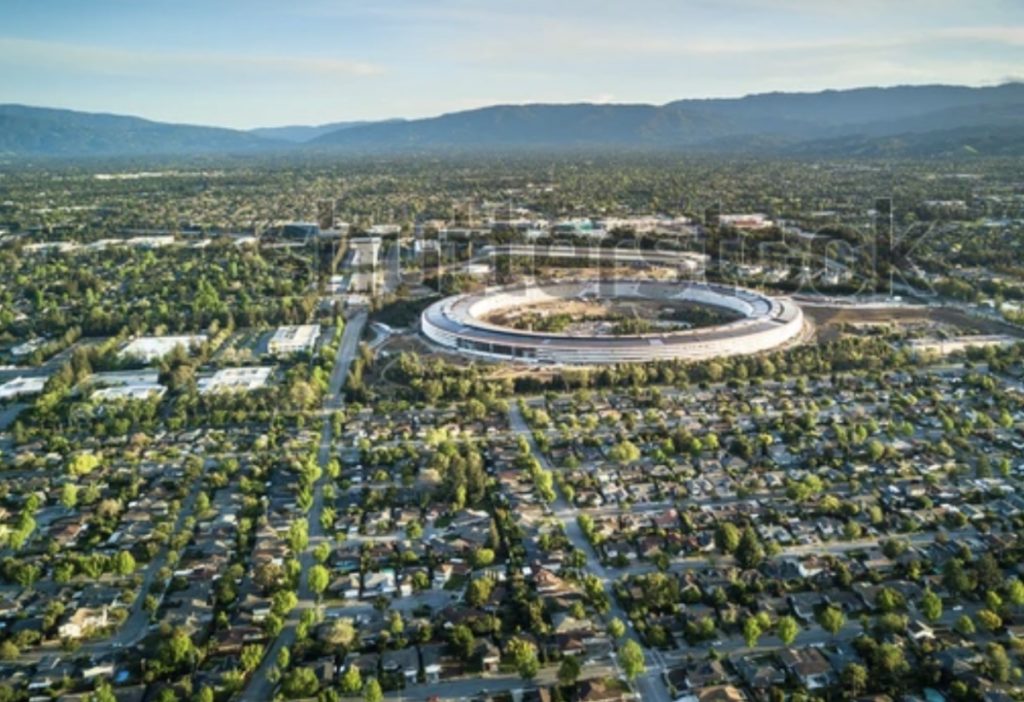California cities will seek legislation to limit tax-sharing arrangements that give windfalls to a handful of cities and millions in public money to retailers like Apple, reports Bloomberg Law.
The League of California Cities has endorsed a plan to limit deals that hinge on e-commerce and a quirk in California’s sales tax rules sending the local portion of sales tax to the location where the transaction takes place, rather than where the customer lives, the article adds.
However, there’s lots of disagreement over how to change California’s underlying rules that allowed the deals to be created in the first place, notes Bloomberg Law.
The article adds that a few dozen California cities have cut deals with retail giants like Apple, Best Buy, and Walmart, which assign in-state online sales to those cities based on the presence of a warehouse or sales office. In return, the cities give a share of the resulting sales tax revenue back to the companies in the name of economic development.
The deals create losses for two-thirds of cities and a bonanza for fewer than 30, according to a recent CDTFA report. Bloomberg Tax has found that Apple’s deal with Cupertino — where the company’s “spaceship headquarters” (pictured) has resulted in one of the world’s richest companies getting $107.7 million from its hometown between 1998 and the end of 2022, “although the validity of the deal is in doubt.”
Cupertino officials announced in April that the state tax department is questioning whether Apple’s assignment of sales to the city is proper, threatening 73% of its annual sales tax revenue. The city will appeal the state’s determination, and Apple could be required to repay at least $20 million it has received from the city if the state tax department prevails.
The California Department of Tax and Fee Administration launched an audit of the arrangement in 2021. It was reported in 2019 that Cupertino had given almost $70 million in sales-tax collections back to Apple over the past 20 years, with the amounts sharply increasing in recent years, public records show. Per Bloomberg Tax, the payments were made under a little-known tax incentive deal struck in 1997, when Apple was on the brink of bankruptcy, “and that’s likely to endure until at least 2033.”
Also in 2019, The Mercury News reported that Apple was offering to spend $9.7 million on five bike and pedestrian-oriented transportation projects for the city of Cupertino, a proposal by the company after the city council agreed to put off changes to the business license tax that would have cost Apple $9 million a year.
At that time, the tech giant approached the city after a proposal last year to change the city’s business license tax from a flat fee with a progressive rate based on total square footage, to a tax based on the number of people a business employs. According to The Mercury News, the change would have generated $10 million in annual revenue, most which would have come from Apple, the city’s largest employer with 24,000 workers.
Article provided with permission from AppleWorld.Today

